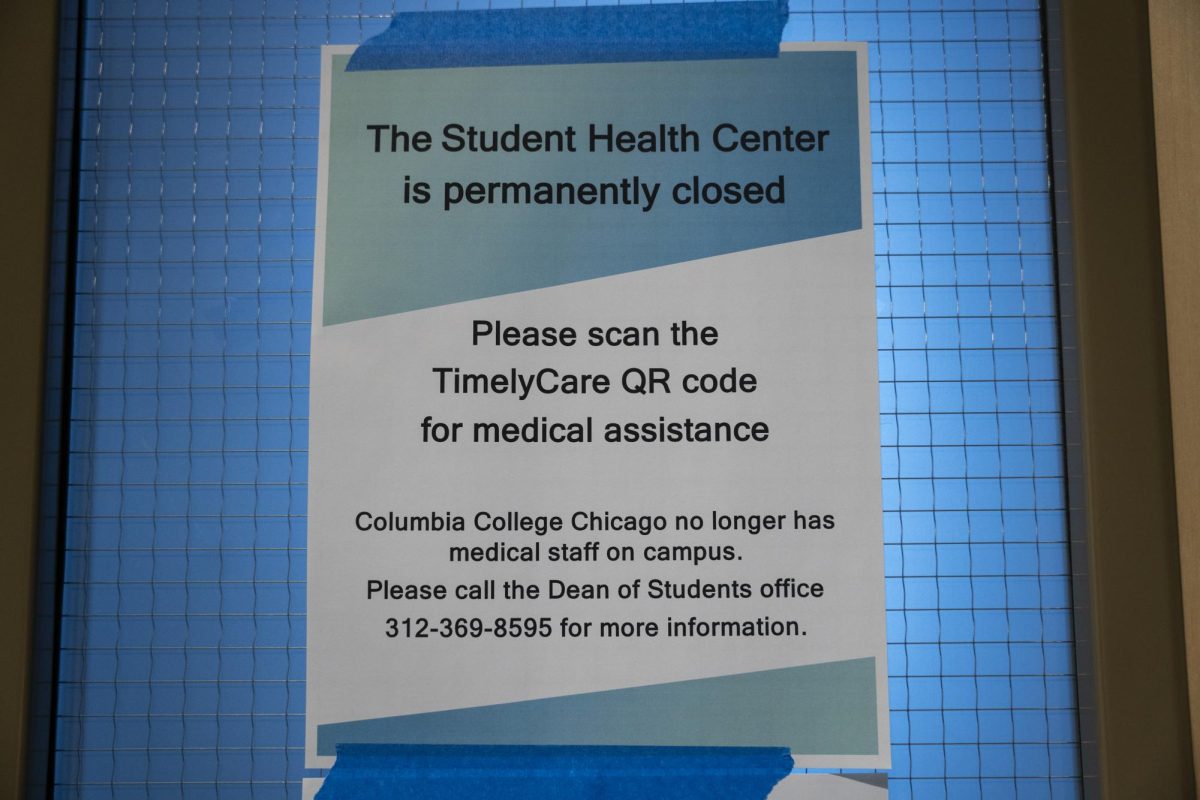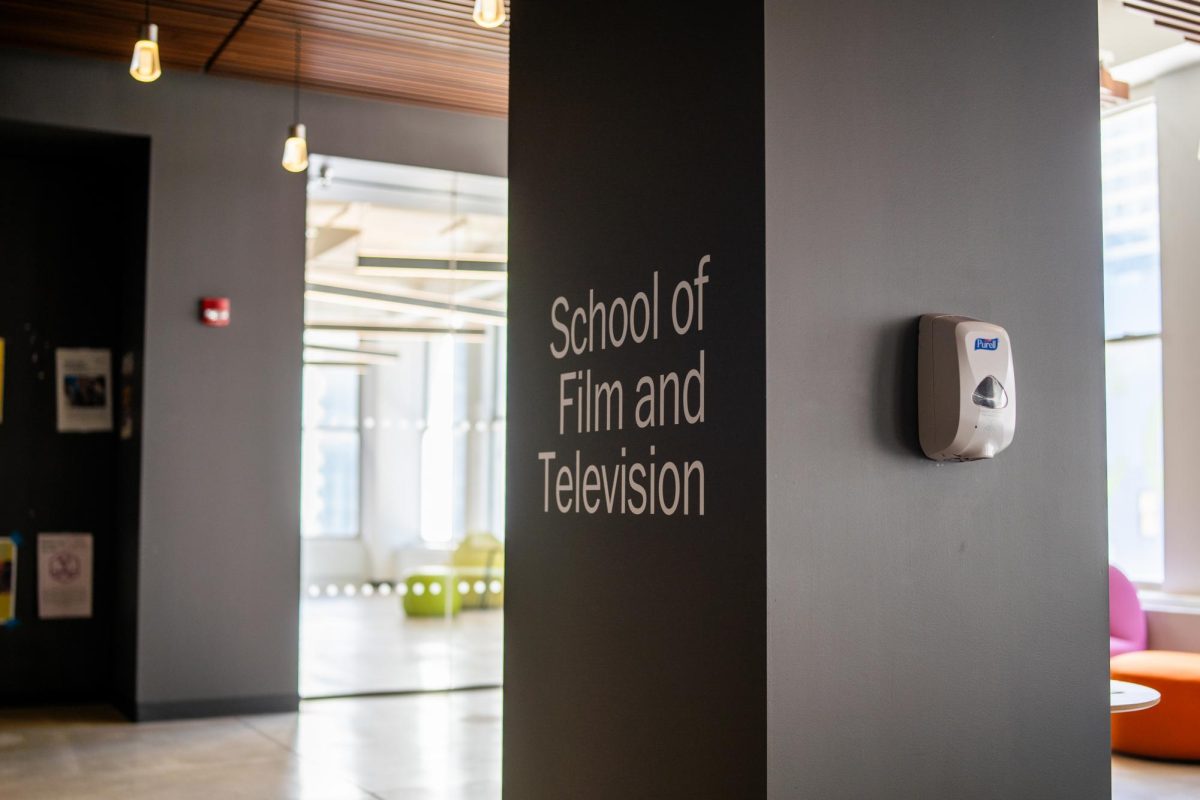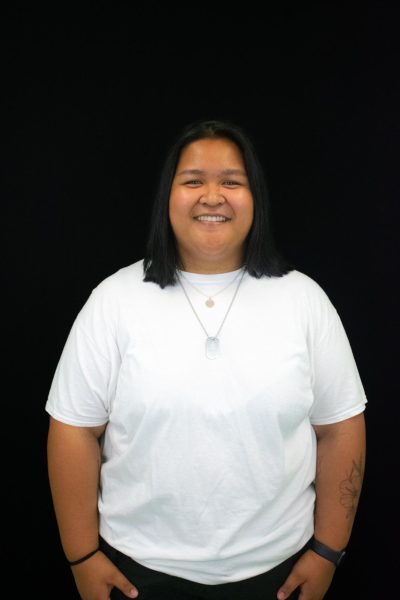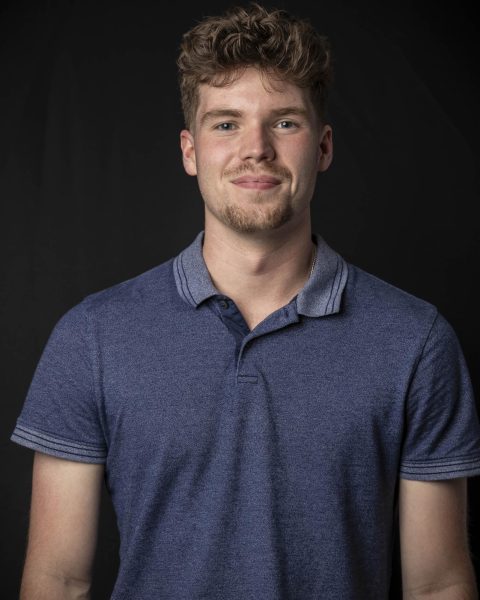The college closed the student Health Center in August after Sage Medical Group, the private company running the clinic, decided to close its practice, forcing the college to look for a replacement, the dean of students told the Chronicle.
Dean of Students Doug Eck said the college tried to find another provider to continue operating the Health Center on campus, but the bids were “astronomical” and would have resulted in a possible tuition increase.
“That would have resulted in us having to pass that cost back to the students,” Eck said. “It’s just something that we weren’t comfortable with, we couldn’t do in good faith.”
Instead, the college settled on TimelyCare as the main healthcare provider for students, a virtual 24/7 option that does not require health insurance and will offer on-spot diagnosis, psychiatric care and prescription discounts.
Eck’s interview with the Chronicle provided new details about the decision to close the on-campus facility, a decision which some students have criticized.
Manuela Lopez, a sophomore music major, said she did not know that the previous student Health Center closed this year. She thought that TimelyCare was an addition to the former healthcare services and said removing the center was “very severe.”
The previous student Health Center cost the school $332,000 annually. Students used to be charged a health services fee that covered the cost of the Health Center and counseling services. The fee was $85 per semester for full-time students and $50 for part-time students. Two years ago, the school transitioned from a specific health center fee and began charging an all-inclusive fee that covered multiple services. The umbrella charge included the Health Center, lab fees, Makerspace fees and other services that are free to students on campus.
The former student Health Center, which opened in 2003, provided students with physical healthcare services on campus. The new telehealth program, TimelyCare, replaced the former physical and mental health care services for students, as the Chronicle previously reported. Several students told the Chronicle they are concerned about the new alternative healthcare options after the center’s closure.
In Spring 2024, Lopez used the student Health Center when she sprained her ankle. They provided her with crutches, advice for healing practices and recommended medication to help with her pain. She also used the center’s free rapid COVID-19 tests last year. The free on-campus tests were helpful for Lopez and her friends who couldn’t afford to buy test kits. She said that navigating healthcare as an international student is particularly difficult.
“Going to the doctor here in America is a whole hassle. It’s expensive for everybody,” she said. “So, if I don’t have a choice, I’ll use TimelyCare. But, for example, if I sprain my ankle again, what do you do?”
The main change in the health services is that there will be no appointments in person, Eck said. TimelyCare medical care allows students to have on-demand medical professionals available for phone or video calls, offering on-the-spot diagnosis and advice to students for medical care. They offer appointments for urgent healthcare needs or scheduled medical care meetings.
When making an appointment through TimelyCare, students can select from a list of symptoms and choose their preference for phone or video calls. TimelyCare provides a list of multiple healthcare providers with bios describing their gender identity, languages, race and ethnicity and an overview of their medical experience. Some bios also include verifications from Violet, a health equity platform partnered with TimelyCare. Violet verifies clinicians who focus on identity-centered care for different communities like LGBTQ+ and BIPOC.
Students have access to multiple clinicians at any time with TimelyCare, compared to the former Health Center that only had three clinicians on staff. Eck said that TimelyCare cannot offer students physical appointments but has more abilities than the previous health center, including the ability to connect with students who are out of state.
“There’s a lot of things that we’re able to offer now that we couldn’t previously do in terms of accessing care 24/7,” he said. “There’s an element of TimelyCare that has psychiatric care built into it.”
He said that the student package offers psychiatric care if recommended by a TimelyCare clinician. The former Health Center was not able to prescribe students with psychiatric medication. TimelyCare also provides all registered students with a prescription discount card. The digital card is accepted at more than 65,000 pharmacies across the country with varying levels of discounts depending on the prescription. The card is valid for both brand-name and generic prescriptions.
Although the school cannot offer physical appointments, Eck said that TimelyCare can diagnose most health issues for students similar to the former Health Center. The most commonly diagnosed issues at the center, according to Eck, were related to upper respiratory infections like the flu, allergies and asthma. These issues can be diagnosed virtually through TimelyCare.
Similar to the former Health Center, TimelyCare does not require students to have health insurance.
This week, the fifth floor of 916 S. Wabash, where the Health Center had been located, was empty. A window on the door of the center is now covered with “permanently closed” signs and a QR code for the new healthcare services.
Jackie Sanchez, a sophomore illustration major, said they were concerned about not having immediate access to health services in case of an emergency. As a commuter student, they are not familiar with the South Loop and where they can go for immediate care.
But they also noted that the virtual option will be more accessible for some students.
There are several immediate care options near campus, including a Physicians Immediate Care at 825 S. South St., South Loop Urgent Care at 1403 S. Michigan Ave. and a MinuteClinic located inside the Target at 1154 S. Clark Street and the CVS at 1165 N. Clark St.
The Center for Student Wellbeing on campus also provides a list of resources to students that include the closest hospital emergency rooms as well as hotlines and places to go in a mental health crisis.
The main services that are no longer available on campus are immunizations, suture removal, STI testing, allergy injections and other physical medical tests. The center used to provide care for pregnancies, blood sugar, mono and COVID-19.
TimelyCare can only refer students to testing stations in the area.
Both the previous Health Center and TimelyCare cannot make diagnoses for students who need disability accommodations. But TimelyCare can refer students to get official testing done and contribute supporting letters as part of the accommodation process.
“Getting students those specific finite areas of testing is just not something that we’ve been able to do because those are very expensive tests, unfortunately. I think TimelyCare is going to open up different avenues and say, ‘here’s a resource in Chicago’ or ‘here’s a resource in your suburban neighborhood’ or wherever it is you’re from that you might be able to explore.”
Eck told the Chronicle how the role of the school now in terms of medical care is to guide students through the “very complicated” healthcare systems in the United States. He explained how the school has curated a list of programs for students who may not have health insurance or funds to cover out-of-pocket care. The Center for Student Wellbeing will assist students to get resources from free clinics or City of Chicago programs with flexible payment options. Students who need aid and are unsure of their next steps can visit the Center of Student Wellbeing for assistance.
The Center for Student Wellbeing website includes resources for navigating insurance and provides directions to immediate care facilities. Eck said, “Just because you’re a student at Columbia doesn’t mean that your only access for care is TimelyCare.”
There are plans to launch educational programming around accessing and navigating care both on and off campus, Eck said. The programs will also look into Medicaid and other programs for students. According to Eck, around 18 students registered for TimelyCare within two days of the start of the semester. He said that not having a health center on campus is a big change for students, but he is looking forward to seeing how the new telehealth program will weave into the new school structure.
“It is a change if you had a health center right, to not be able to go in on campus and talk to someone and have them touch your neck,” Eck said. “However, there’s still resources in the immediate area. There’s still urgent care or physician clinics. Any student that is without insurance or doesn’t have the resources to take advantage of some of those, we want to make sure they get connected with our team if TimelyCare is not the thing that will be able to satisfy or address their needs.”
Micayla Simmons, a sophomore illustration major, was hopeful about the new telehealth program. Simmons said that she uses a similar telehealth program for therapy. She said that telehealth has “more flexibility” and saves her from commuting to a facility.
Simmons never used the former Health Center but said there should be options for in-person and virtual health care.
Copy edited by Angel Marie Guevara
Resumen en Español:
El centro de salud de Columbia se cerró en Agosto, tras dos décadas, por el cierre del equipo médico privado, Sage Medical Group. Aunque trataban de encontrar un nuevo grupo privado, Doug Eck, el decano de estudiantes, dijo que la compensación financiera recaería en la matrícula de los estudiantes. Por eso, se reemplazó por TimelyCare, un programa de telesalud, que ofrece diagnósticos, atención psiquiátrica y descuentos en las recetas médicas sin el requisito de tener el seguro de salud. El cambio preocupa a los estudiantes por perder las citas en persona, pero Eck quiere que ellos sepan que tienen otras opciones de recibir la atención médica además de TimelyCare.
Resumen en Español por Sofía Oyarzún










